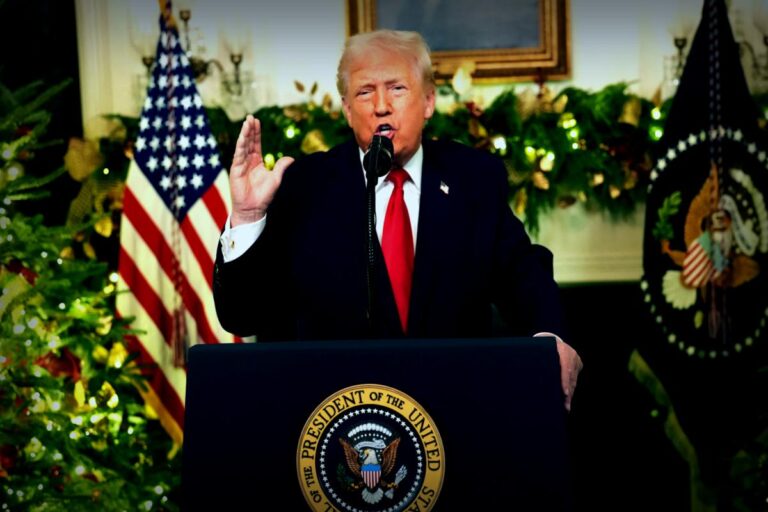On Monday, a federal appeals court gave President Trump the green light to deploy the National Guard in Portland, Oregon, pushing back against a previous ruling that had prevented his administration from sending troops into the city.
The decision, made by the 9th Circuit Court of Appeals, allows Trump to go ahead with his plans as part of a broader military effort that also includes cities like Los Angeles, Washington, D.C., and Chicago.
Previously, a federal judge in Chicago had temporarily halted Trump’s initiative to send troops there, citing a “lack of credibility” in the government’s reasoning. U.S. District Judge April M. Perry declared that deploying the National Guard could incite civil unrest. The administration is pushing for the Supreme Court to lift this restriction.
Judge Perry’s decision was informed by a court hearing where issues surrounding troop deployment were discussed. At the same time, the three-judge panel of the 9th Circuit listened to arguments regarding the planned deployment in Portland.
Oregon officials took action against the planned deployment following the decision by Judge Karin J. Immergut, appointed by Trump in his first term, to block any troop movements in Portland.
As the administration shifted its focus to dispatching California National Guard members, Judge Immergut quickly issued another ruling to prohibit this as well.
During the heated discussions before the circuit judges, both the Trump administration and the state of Oregon painted conflicting pictures over the legality of the Portland troop movements.
A key focus was on the ongoing protests at an Immigration and Customs Enforcement (ICE) facility in Portland. The Trump administration emphasized that the site faced threats of violence, asserting that military presence was crucial to protect federal personnel and property.
However, state officials claimed that protests had diminished significantly since the peak summer months, stating that the situation had not warranted arrests for months before Trump announced his plans to deploy troops.
Judge Immergut affirmed these observations, writing that while protests at the ICE facility turned violent in June, by the time Trump sought to send in the National Guard, the demonstrations had largely become peaceful with only minimal violence.
During the appeals hearing, Eric McArthur from the Justice Department argued that Judge Immergut had misjudged the dynamics in Portland, highlighting that federal law enforcement was sent to manage unrest but deemed this approach unfeasible without adequate resources. Consequently, Trump called for the National Guard.
Also weighing in, Assistant Attorney General Stacy M. Chaffin noted the stark contrast between the conditions in June and the situation by September, urging the judges to take into account the historical context surrounding the deployment decision.


















